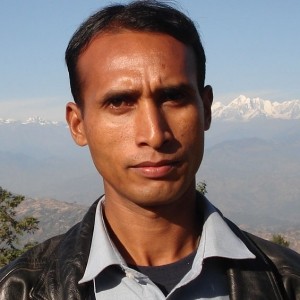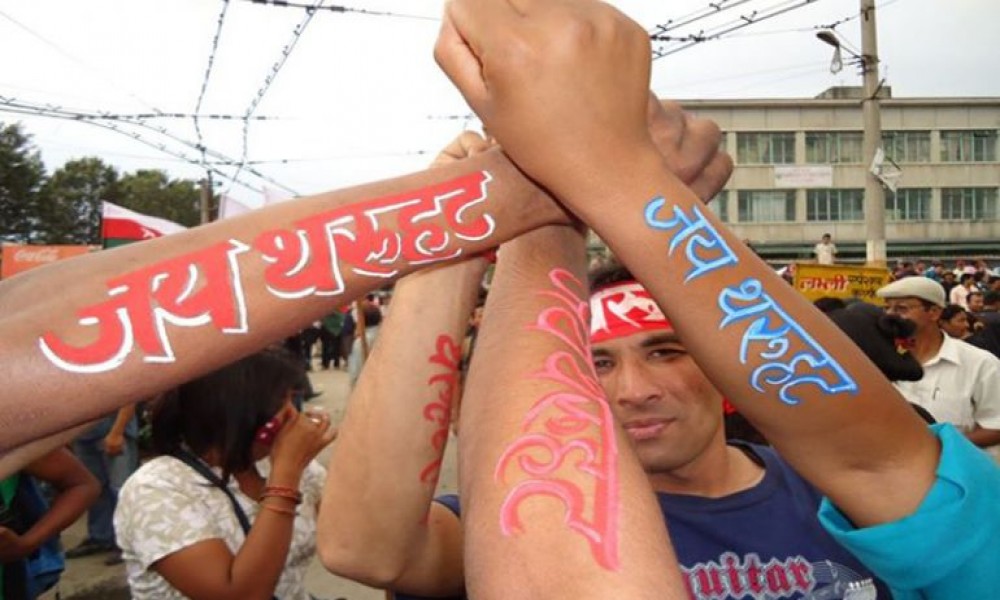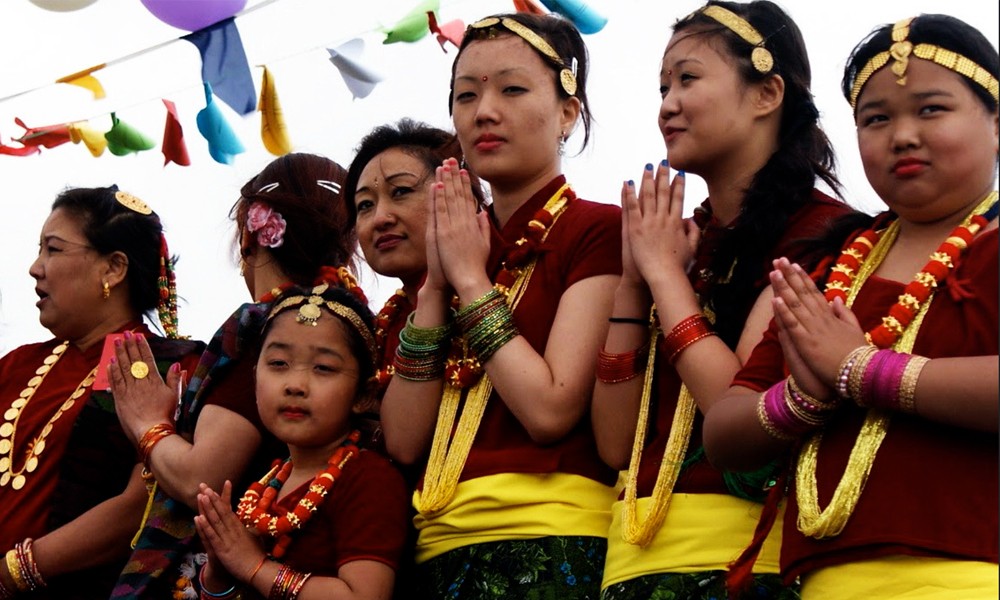The first draft of Nepal's new constitution has disappointed all indigenous people. They are now gearing up for an agitation to put pressure on the major political parties to correct the draft and address their aspirations. But they are divided into two camps. The first camp sees the draft as a partial achievement and wants to work on it. The second camp is dead against the draft, arguing that it has disowned the decision taken by the Constituent Assembly (CA)-I and violated the Interim Constitution-2007. Members of the CA-II are likewise divided into two group groups. But even the moderate group is not happy with the draft constitution's content.
The Nepali people are sick and tired of waiting for a new constitution. But that does not mean that they are ready to accept any constitution that is thrust upon them. They need a progressive constitution that address their long-supressed socio-political aspirations. But the new constitution's draft has several provisions that are against what Nepal's indigenous people want.
Below are some reasons why indigenous people are not ready to accept the draft constitution.
1) The process adopted by the major political parties to pass the new constitution is flawed. The constitution has been drafted on the basis of a 16-point agreement, which has been rejected by the Supreme Court (SC). But the parties that signed the deal defied the SC's order and went on to finalize the draft, which is a betrayal to the Nepali people.
2) The draft constitution has not only violated the Interim Constitution-2007 but also ignored achievements of Jan Andolan, Tharuhat movement, agitation of indigenous people, Madhes uprising and protests by Madhesi and Dalit.
3) The chapter 138 (1) (A) of the Interim Constitution-2007 has guaranteed a new constitution with names and boundaries of federal provinces. But the major parties put on hold the issues of naming and demarcating federal provinces.
4) The CA-II had decided to own up all agreements reached in the CA-I. But the draft constitution rejected all those agreements.
The Nepali people are sick and tired of waiting for a new constitution. But that does not mean that they are ready to accept any constitution that is thrust upon them.
5) The draft constitution has failed to ensure that federal provinces will reflect identity of Madhesi, indigenous people and backward communities.
6) The draft constitution has made mockery of several international treaties which Nepal is a signatory to: the International Convention on Elimination of All Forms of Racial Discrimination, the International Labour Organization (ILO) convention-169, the UN Declaration on the Rights of Indigenous People.
7) In terms of proportion of proportionately elected members of the parliament, rights to social justice and proportionate participation in the Human Rights Commission, the draft constitution is regressive.
8) The draft constitution has given more rights to the federal government /local government bodies and less rights to federal provinces. So, there is possibility that federal provinces under this constitution will not be strong.
9) The provision that requires a two-thirds majority to pass names and boundaries of federal provinces is a ploy to sabotage federalism.
10) The draft constitution has sabotaged preemptive rights of indigenous people, their rights to self-determination, self-governance, collective identity and rights.
11) We all expect the new constitution to be progressive, but the draft constitution is just a rip-off of the 1990 constitution.
Some provisions requiring amendments
1) The article 9: the cow is again Nepal's national animal. An animal that is eaten by Muslims and some indigenous communities should not be a national animal. It will affect social harmony. Hence, the endangered one-horned rhino should be Nepal's new national animal.
2) The article 26: Indigenous people who speak their own mother tongues should have rights to be informed about legal trials involving them.
3) The article 30: indigenous people's rights over lands and natural resources which they have been traditionally using should be recognized by the new constitution.
4) The article 32: Indigenous people should have rights to get information about issues of public concerns in their own mother tongues.
5) The article 35: indigenous people should have rights to conserve biological diversity
This is the time to speak up. If we remain silet at such a critical juncture of history, all our rights and achievements will be lost. Unity among us and a strong agitation is the only way out to put pressure on the feudal rulers of this country to recognize our rights.
6) The article 36: Laws and resources are required to run educational institutions in mother tongues of diverse ethnic communities.
7) The article 38: seats should be reserved in proportion of population of indigenous people in all agencies of federal and provincial governments.
8) Rights to self-determination: The new constitution should give rights to self determination for indigenous people.
9) Prior rights: Indigenous people should be given pre-emptive rights over natural resources which they have been using traditionally.
10) Rights to social justice: Kamaiya, Kamlari, Haliya and other backward communities that have faced historical injustice should get priority in opportunities.
11) Traditional justice system: various ethnic communities have been exercising their own traditional laws and justice systems in Nepal. The 'Badghar' of the ethnic Tharu community is an example to this regard. The new constitution should acknowledge all these traditional laws and justice systems.
12) The article 213: Chiefs of traditional organizations of ethnic and indigenous communities (for example, Chief of the Tharus' Badghar) should be appointed as members of municipal/village councils.
13) The article 255: Alongside National Inclusion Commission, other commissions like Tharus' and indigenous people's should be formed.
The way forward
This is the time to speak up. If we remain silet at such a critical juncture of history, all our rights and achievements will be lost. Unity among us and a strong agitation is the only way out to put pressure on the feudal rulers of this country to recognize our rights. All 178 CA members belonging to various ethnic/indigenous communities should be able to defy autocratic whips of their parties. If needed, they should be ready to quit the CA and descend on the streets.







